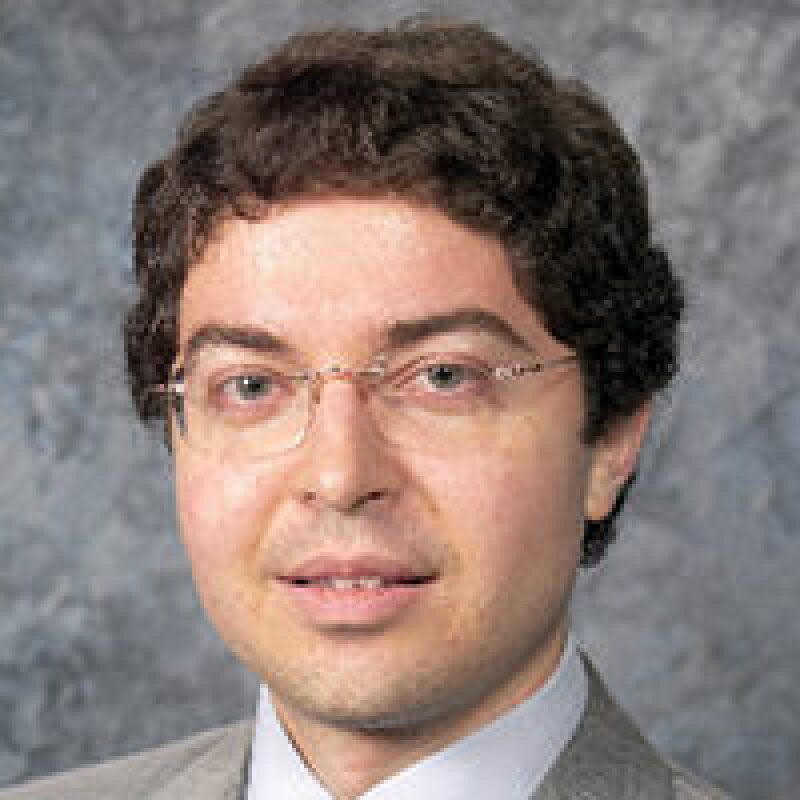
This issue of The Way Ahead beckons you to grasp the value of a broad exposure to multiple disciplines, as part of training as well as on the job.
There is a vivid discussion about what road we should travel to be more competent and competitive professionals, in both our own and our organizations’ interests. While specialization may be in line with what all compartments of the economy are practicing—organizations should concentrate on what they do best (i.e., specialization rather than expansion into adjacent fields)—the holistic approach is increasingly “fashionable,” winning more and more fans. It is not coincidental that a Web search for “analytical thinking” gives 10.5 million targets, while for “system thinking” it gives ten times as many, 111 million.
There appears to exist a generalized call for learning, to bring a much-needed new wave of competencies into our industry—the next barrel is always harder to find and produce, imposing increasingly tougher challenges. The distinguished guests of this issue of TWA all share this view.
Guilherme de Oliveira Estrella, Managing Director for E&P at Petrobras, and whom we host in the TWA Interview, advises to “keep learning throughout your life.”
Carole Nakhle (PerSPEctive), adviser to the British Parliament on energy issues, believes the industry “is going to need all the talents it can find.”
Léon Beugelsdijk, petrophysicist with Shell and Chairperson of the SPE YEPP Coordinating Committee, recommends, “Always recognize a learning opportunity.”
The question is: In what direction? Where should we look to expand our competencies? Who better to ask than…ourselves! An overwhelming 85% of those who responded to the forum on “Changing Career Direction” believe that cross-disciplinary moves will help in their career progression. We seem to prefer broader but less detailed knowledge to meticulous comprehension of all facets of one discipline. Rather than digging deeper into our garden that we already know so well, we think we should jump the fence and explore what is beyond, and then continue the exercise until we have acquired a reasonable understanding of as many gardens/disciplines as we feel comfortable with. Luis C. Colmenares (PerSPEctive), Senior Reservoir Engineer with Shell, makes an appropriate distinction between “awareness,” “working knowledge,” and “skill” level of a subject.
More: John MacArthur (PerSPEctive), in his inspiring article on leadership, maintains that while we cannot all be Mao Zedong or Mahatma Gandhi, each of us has leadership potential. How can we translate that potential into facts? MacArthur borrows a line from Stephen Covey’s The 7 Habits of Highly Effective People: “A leader is the one who climbs the tallest tree, surveys the entire situation.” Exploring the forest from the ground is a more intricate task than it is from a treetop.
But only 20% of those who responded to the forum are certain that they will make the “move.” Why? Should we have expected a higher number in light of the above?
Colmenares rightly points out, “It is human nature, after all, to fall easily in the ‘comfort zone’,” which makes us less prone to take on further challenges when we can capitalize on our current knowledge and expertise. But it is not completely our “fault.” An embarrassingly minor 17% of respondents report that their company definitely encourages cross-disciplinary moves. Even more bizarre—if possessing a holistic view is an asset for all the reasons discussed, why do companies not promote the easiest practice to achieve it?
Specialization is an almost self-propelled process: Once one has been trained and has mastered the basis of any discipline, he/she can progressively become more knowledgeable without the need of significant and expensive support. On the other hand, a development process based on crossing over between different disciplines may be perceived by the organization as obliterating resources twice over—the loss associated with a trained young professional abandoning one discipline and the additional resources needed for more training in the new discipline.
It is up to us to show our managers that, despite the sinister premises, if we go down this route we will discover more gold than quicksand. Of course, as Francesco Cuomo (HR Advice) recommends, we should establish “a frank relationship with [our] line manager, non suffocating and based on mutual trust.”
Estrella has a nice little anecdote about how managers can change their minds: “We had a senior manager who thought it showed we were tough to go by boat for 7 hours. But after his first time on the boat (within about an hour), he decided to sign the budget for helicopters.”
Cuomo may have the solution to harmonize our interests with those of the organization—“Planning: knowing where we are and where we want to go. Crossing disciplines for the sake or thrill of doing so is a waste of valuable resources that the industry cannot afford.”
Ideally, if days lasted 48 hours and our lives 200 years, we could consider specializing in all disciplines, and by doing so acquire a global, holistic understanding of our industry. However, time moves faster than that, and circumstances are such that a choice has to be made. Use the “drill-bit” approach to drill the deepest well into the core of the discipline of choice. Or sit next to the pilot on the machine that Frenchman Paul Cornu invented and Russian-born Igor Sykorsy perfected and fly a reconnaissance mission to carefully survey the knowledge fields around us—the “helicopter view.” If one’s goal in life is to become a worldwide acclaimed expert in one discipline, than the drill-bit approach is all that is required. I have always loved flying. And you?

